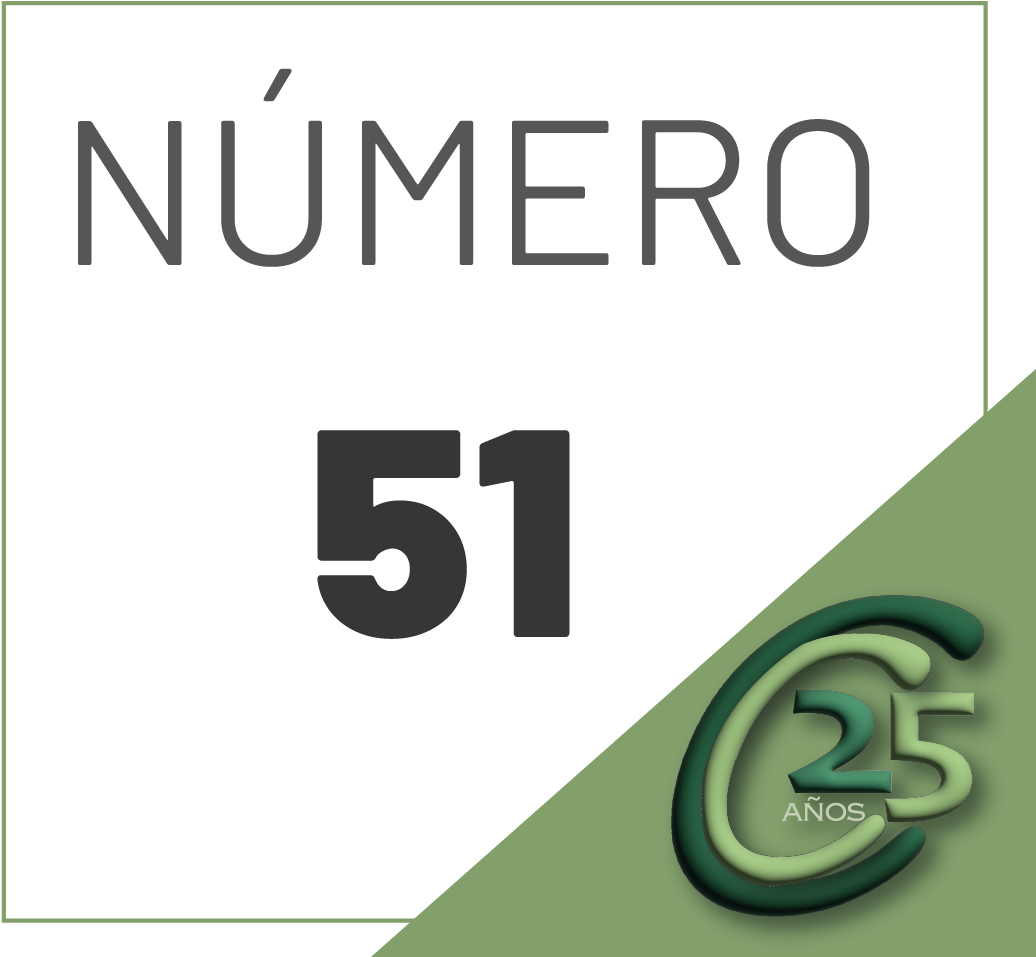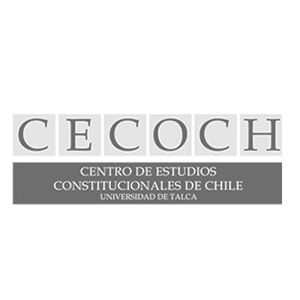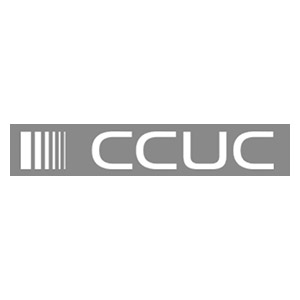Regulación de la libertad de expresión e información en la Internet y las redes sociales
Nuestros derechos fundamentales están en riesgo, mientras no exista una legislación internacional que otorgue pautas de conducta en el ejercicio de la libertad de expresión e información frente al uso de estas nuevas tecnologías, especialmente cuando compartimos información por Internet o usamos las redes sociales, toda vez que al ciberespacio se le reconoce como una jurisdicción diferente de las estatales, con normas y mecanismos propios de solución de controversias. En la actualidad, existen algunos avances en esta materia a nivel internacional, aunque empresas como Google, Twitter o Facebook actúan con exceso de discrecionalidad ante el vacío legislativo. Aun así, la tendencia es a favor de una regulación de libertades y derechos en el ámbito digital, pero el problema es que la información contenida en la Internet y las redes sociales se enfrenta principalmente al gran reto de la globalización y a su vez a la circunstancia de que no existe ningún marco normativo a nivel regional o nacional que garantice las libertades y los derechos involucrados en el uso de estas plataformas.
Detalles del artículo
Uso de licencias Creative Commons (CC)
Todos los textos publicados por el Cuestiones Constitucionales. Revista Mexicana de Derecho Constitucional sin excepción, se distribuyen amparados con la licencia CC BY-NC 4.0 Internacional, que permite a terceros utilizar lo publicado, siempre que mencionen la autoría del trabajo y la primera publicación en esta revista. No se permite utilizar el material con fines comerciales.
Derechos de autoras o autores
De acuerdo con la legislación vigente de derechos de autor el Cuestiones Constitucionales. Revista Mexicana de Derecho Constitucional reconoce y respeta el derecho moral de las autoras o autores, así como la titularidad del derecho patrimonial, el cual será transferido —de forma no exclusiva— a Cuestiones Constitucionales para permitir su difusión legal en acceso abierto.
Autoras o autores pueden realizar otros acuerdos contractuales independientes y adicionales para la distribución no exclusiva de la versión del artículo publicado en Cuestiones Constitucionales. Revista Mexicana de Derecho Constitucional (por ejemplo, incluirlo en un repositorio institucional o darlo a conocer en otros medios en papel o electrónicos), siempre que se indique clara y explícitamente que el trabajo se publicó por primera vez en Cuestiones Constitucionales.
Para todo lo anterior, deben remitir la carta de transmisión de derechos patrimoniales de la primera publicación, debidamente requisitada y firmada por las autoras o autores. Este formato debe ser remitido en PDF a través de la plataforma OJS.
Derechos de lectoras o lectores
Con base en los principios de acceso abierto las lectoras o lectores de la revista tienen derecho a la libre lectura, impresión y distribución de los contenidos de Cuestiones Constitucionales por cualquier medio, de manera inmediata a la publicación en línea de los contenidos. El único requisito para esto es que siempre se indique clara y explícitamente que el trabajo se publicó por primera vez en Cuestiones Constitucionales. Revista Mexicana de Derecho Constitucional y se cite de manera correcta la fuente incluyendo el DOI correspondiente.

Esta obra está bajo una licencia internacional Creative Commons Atribución-NoComercial 4.0.
Citas
Álvarez. C. L., (2012). Derecho de las telecomunicaciones. Universidad Nacional Autónoma de México.
Comisión Europea (CE). (2020, diciembre 15). Ley de Servicios Digitales: para un entorno en línea seguro y responsable. https://ec.europa.eu/info/strategy/priorities-2019-2024/europe-fit-digital-age/digital-services-act-ensuring-safe-and-accountable-online-environment_es
Ferré, C. (2014). El uso de las redes sociales: ciudadanía, política y comunicación, La investigación en España y Brasil. Instituto de la Comunicación, Universidad de Barcelona https://ddd.uab.cat/pub/llibres/2014/166646/Ebook_INCOM-UAB_6.pdf
García, S., Gonza, A. y Ramos, E. (2007). Opinión consultiva OC-5/85, 13 de noviembre de 1985. En Libertad de expresión en la jurisprudencia de la Corte Interamericana de Derechos Humanos. CIDH–CDHDF. https://www.corteidh.or.cr/sitios/libros/todos/docs/libertad-expresion1.pdf
Internet Society (ISOC). (2018, septiembre). Internet y los efectos extraterritoriales de las leyes. Nota conceptual de la ISOC. https://www.Internetsociety.org/wp-content/uploads/2018/10/The-Internet-and-extra-territorial-application-of-laws-ES.pdf
Internet Society (ISOC). (2004). Foro de Gobernanza del Internet (IGF- Internet Governance Forum), 2004. https://www.Internetsociety.org/es/events/igf/
Kaye, D. (2015, mayo 22). Report of the Special Rapporteur on the promotion and protection of the right to freedom of opinion and expression, A/HRC/29/32, United Nation. http://www.ohchr.org/EN/Issues/FreedomOpinion/Pages/CallForSubmission.aspx
Nucci, H. (2017). El derecho de réplica. Miguel Ángel Porrúa; Tecnológico de Monterrey.
Nucci, H. (2021, febrero 3). La suspensión o cancelación de cuentas en redes sociales y la libertad de expresión [en línea]. El Heraldo de México. https://heraldodemexico.com.mx/opinion/2021/2/3/la-suspension-cancelacion-de-cuentas-en-redes-sociales-la-libertad-de-expresion-252461.html
Nucci, H. (2021). La Salud y el Expediente Clínico del Presidente de la República: Un Asunto de Interés Público. Tirant lo Blanch.
Nucci, H. (2022). Los derechos de la personalidad en el internet y las redes sociales, propuesta de regulación. Conacyt–Santi Ediciones.
Organización de los Estados Americanos (OEA). (2014). Libertad de Expresión en Internet, Resumen Ejecutivo. http://www.oas.org/es/cidh/expresion/docs/informes/Internet/Internet_%20executive_summary_Spanish_Translation.pdf
Parliament of Canada (2012, junio 29). Copyright Modernization Act. https://www.parl.ca/DocumentViewer/en/41-1/bill/C-11/royal-assent
Quijano, C. (2022) Derecho a la Privacidad en Internet, Tirant lo Blanch.
Rico, M. (2012, septiembre 15). El impacto de Internet y las redes sociales en el derecho a la libertad de expresión. Fronesis. Revista de Filosofía Jurídica, Social y Política, 19(3), 331-349. https://www.corteidh.or.cr/tablas/r32923.pdf
Suprema Corte de Justicia de La Nación (SCJN). (2012). Criterios del Poder Judicial de la Federación, Libertad de expresión e información, Amparo directo 8/2012. https://www.scjn.gob.mx/Transparencia/Documents/CriteriosPJF/Tesis_tematica_Libertad_de_Expresion_e_Informacion.pdf
Suprema Corte de Justicia de La Nación (SCJN). (2017, agosto 9). Primera Sala, Amparo en Revisión 587/2017. http://www2.scjn.gob.mx/juridica/engroses/2/2017/10/2_210521_3303.doc
Tribunal Electoral del Poder Judicial de la Federación (TEPJF). (2018, julio 11). Expediente SUP-REP-623/2018. https://www.te.gob.mx/Informacion_juridiccional/sesion_publica/ejecutoria/sentencias/SUP-REP-0623-2018.pdf
Vázquez, O. (2013). Libertad de expresión en redes sociales. https://comisiones.senado.gob.mx/justicia/docs/nombramientos/magistrados/EDOMEX/OVR/anexo_6.pdf
Villanueva, E. (1998). Derecho comparado de la información. UIA.










































